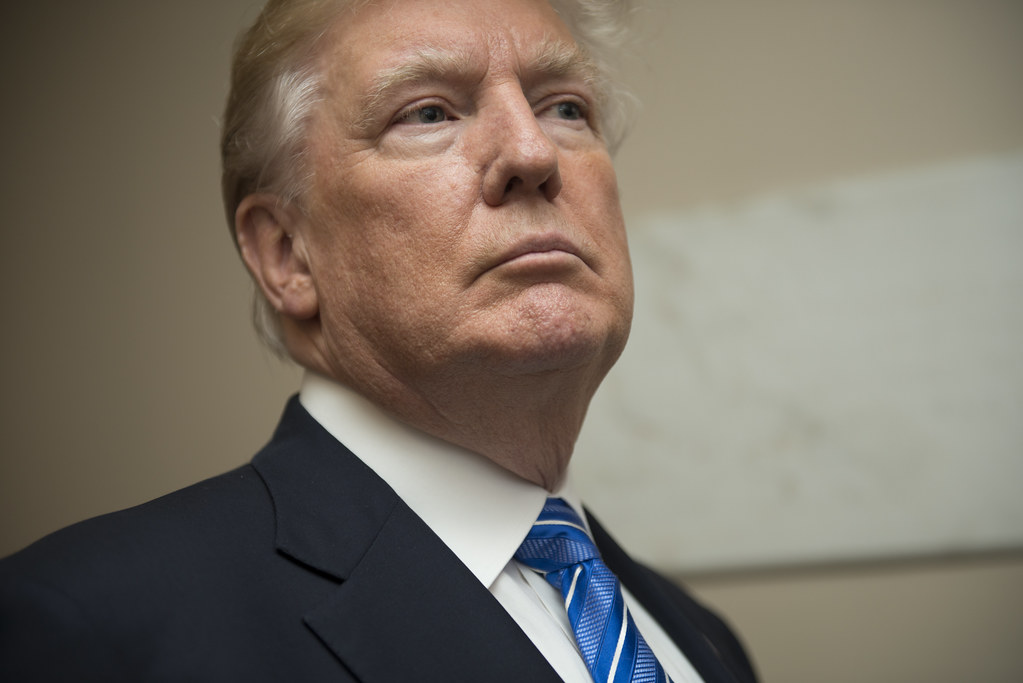Key Takeaways:
- The White House postponed the Trump health plan unveiling.
- The new proposal may extend subsidies, cap incomes, set monthly premiums, and add savings options.
- Republicans and Democrats still clash over how to keep health care affordable.
- Experts warn that delays raise costs and fuel public frustration.
The White House surprised everyone by delaying the Trump health plan unveiling on Monday. This proposal, still unfinished, aims to tweak parts of the Affordable Care Act. Moreover, it would offer a short subsidy extension, restore an income cap, set a monthly premium, and add health savings options. However, details could change before the final release. With ACA subsidies set to expire soon, lawmakers face a tight deadline.
Inside the Trump Health Plan Delay
Originally, the White House promised a clear vision for health care reform. Instead, they said they need more time to refine the Trump health plan. At this point, no official reason explains the postponement. Yet, any delay in policy can shake public confidence. Millions of Americans count on stable rules to plan for health costs.
What Was the Plan?
Although not final, the Trump health plan may include four main changes. First, it could extend insurance subsidies for a limited period. Second, it may restore an income cap to qualify for those subsidies. Third, it could set a fixed monthly premium for enrollees. Finally, it might introduce health savings options for budget plans. Still, each point needs more work and approval from Congress.
Why the Delay?
No one has pinpointed why the unveiling was pushed back. Some insiders suggest senior staff want more time to evaluate impacts. Others suspect deeper disagreements between Republicans and Democrats. Meanwhile, ACA subsidies are scheduled to expire soon. This uncertainty leaves insurance companies and families in the dark.
Political Clash Over Subsidies
Lawmakers have traded blows over how to fund ACA subsidies. Democrats want to protect a broad base of families. Republicans aim to cut federal spending and reshape the market. Their clash led to a government shutdown that lasted over forty days. As a result, both sides now scramble to find a compromise.
What Experts Say
Zack Cooper, a Yale health policy professor, finds the delay worrisome. He notes that Congress has already “kicked the can” on subsidies once. Moreover, he warns that hospital mergers are pushing costs higher. Hospitals buy rivals and physician practices to gain power, which boosts prices.
Cooper argues that bipartisan solutions could ease the pain. He points out that more than 20 million people face rising premiums. Additionally, those on lower-tier plans struggle to build savings. Without policy clarity and cost controls, public frustration will only grow.
What Comes Next for the Trump Health Plan?
First, senior White House staff will meet with key lawmakers. They must craft a final version of the Trump health plan. Then, Congress will debate and vote on the proposal before subsidies end. If they fail to agree, millions could lose crucial financial help.
Meanwhile, insurance companies must set next year’s rates. They cannot wait too long for policy details. Thus, they may raise premiums to cover possible financial gaps. Consequently, families might face sticker shock when open enrollment begins.
Potential Bipartisan Reforms
Experts suggest several steps to break the deadlock. For example, lawmakers could agree on a temporary subsidy bridge. Next, they might cap out-of-pocket costs for enrollees. They could also limit hospital mergers and negotiate drug prices. Each move would require give-and-take from both parties.
However, these fixes face political hurdles. Lawmakers risk voter backlash if they appear to cave. Yet without action, health care costs will climb unchecked. As a result, public trust in the system may erode further.
How Delays Affect Everyday Americans
For many families, health care is the largest monthly bill. Any pause in policy creates stress. Uncertainty may push people into leaner plans with fewer benefits. Worse, some might skip insurance altogether to save money. This trend can lead to delayed care and worse health outcomes.
At the same time, hospitals and insurers need clear rules to plan budgets. Uncertainty may force them to cut staff or delay expansions. In turn, communities could see fewer services or higher local costs.
Injecting Stability with Bipartisan Solutions
To calm the market, Congress must act swiftly. A short-term subsidy plan and income cap fix could help. Then, lawmakers could outline premium rules and health savings options. Finally, they could tackle hospital consolidation and drug costs.
These steps would ease rising premiums and build trust. Moreover, they would prove that elected officials can deliver results. For many Americans, that proof can’t come soon enough.
Moving Forward
Although the unveiling of the Trump health plan faced a setback, work continues behind the scenes. Officials from both parties must now bridge gaps on costs and coverage. If they succeed, millions will feel relief. If not, uncertainty will deepen and health care costs will surge.
Regardless, experts warn that every week of delay adds to the problem. With ACA subsidies nearing their end, time is running out. Lawmakers must find common ground and offer a clear path forward. Only then can the nation rein in health costs and protect families.
Frequently Asked Questions
Why was the Trump health plan unveiling postponed?
No official explanation has emerged. Insiders point to ongoing talks and disagreements among top staff and lawmakers.
When do ACA subsidies expire?
Subsidies under the Affordable Care Act are set to expire soon. The exact date depends on congressional action.
How might this delay affect insurance rates?
Insurers need policy clarity to set rates. Uncertainty often leads them to increase premiums to cover risks.
What could bipartisan health care reforms include?
Experts suggest short-term subsidy extensions, income caps, premium rules, and cost controls on hospitals and drugs.
